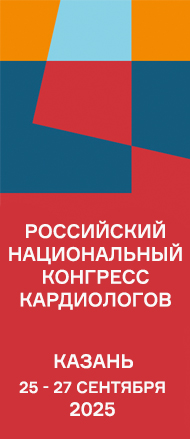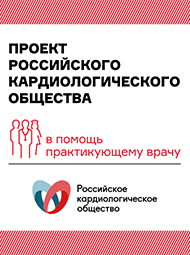2013 ESC Gold Medal award winners

For Russian cardiologist and public health administrator Evgeny Chazov the ESC Gold Medal awarded yesterday represents yet another award for his burgeoning collection, the most notable being the Nobel Peace Prize he received jointly in 1985 for founding International Physicians for the Prevention of Nuclear War (IPPNW).
Chazov - who at 84 years old still works full time as General Director of the Russian Cardiology Research and Production Complex - has been a Russian Minister of Health, holds a Guinness Book of Records entry for treating the highest number of international leaders (19 from 16 different countries), and performed the first ever thrombolytic therapy in MI. ‘But for me my greatest achievement is the 40,000 patients I’ve treated over the course of my 60 year career,’ he says.
Graduating from Kiev medical school in 1953, Chazov moved to the Institute of Medical Therapy of the prestigious USSR Academy of Medical Sciences in Moscow where he introduced fibrinolysis for the pre-hospital care of MI patients and intensive care units. Other research highlights included development of the anti-arrhythmic drug nibentan, and introducing cardioversion.
Appointed chief of the Fourth Main Department of the USSR Ministry of Health in 1967, he had responsibility for overseeing the health care of public figures. In his book Health and Power: Memoirs of a Kremlin Doctor, Chazov recounts his experiences of treating Russian leaders, who included Leonid Brezhnev, Yuri Andropov and Boris Yeltsin. ‘All my patients were equal, I never paid attention to their status,’ he says.
Attending a meeting on sudden death in the US, Chazov met Bernard Lown, a cardiologist from Boston, and together they came to the realisation that nuclear weapons posed a public health threat that far exceeded cardiovascular disease. The IPPNW was duly formed in 1980 to allow physicians to spearhead a worldwide movement to counteract the nuclear arms race. Physician activists were instrumental in campaigns to ban atmospheric and underground nuclear test explosions and shut down nuclear testing sites and production facilities. One of their greatest plaudits came from Mikhail Gorbachev, who told them that without the IPPNW an agreement on limitation of nuclear arms would have proved impossible.
Between 1987 and 1990 Chazov (on the invitation of Gorbachev) was appointed Minister of Health of the USSR, where he championed preventive medicine and developed a network of diagnostic and rehabilitation centres.
For Chazov other notable activities include being President of the Ninth World Cardiology Congress held at the Kremlin in 1985, and being editor-in-chief of the leading Russian medical publication Therapeutical Archives. Retirement is not in his dictionary. ‘My motto is that you retain the best health while working,’ he says.
Chazov - who at 84 years old still works full time as General Director of the Russian Cardiology Research and Production Complex - has been a Russian Minister of Health, holds a Guinness Book of Records entry for treating the highest number of international leaders (19 from 16 different countries), and performed the first ever thrombolytic therapy in MI. ‘But for me my greatest achievement is the 40,000 patients I’ve treated over the course of my 60 year career,’ he says.
Graduating from Kiev medical school in 1953, Chazov moved to the Institute of Medical Therapy of the prestigious USSR Academy of Medical Sciences in Moscow where he introduced fibrinolysis for the pre-hospital care of MI patients and intensive care units. Other research highlights included development of the anti-arrhythmic drug nibentan, and introducing cardioversion.
Appointed chief of the Fourth Main Department of the USSR Ministry of Health in 1967, he had responsibility for overseeing the health care of public figures. In his book Health and Power: Memoirs of a Kremlin Doctor, Chazov recounts his experiences of treating Russian leaders, who included Leonid Brezhnev, Yuri Andropov and Boris Yeltsin. ‘All my patients were equal, I never paid attention to their status,’ he says.
Attending a meeting on sudden death in the US, Chazov met Bernard Lown, a cardiologist from Boston, and together they came to the realisation that nuclear weapons posed a public health threat that far exceeded cardiovascular disease. The IPPNW was duly formed in 1980 to allow physicians to spearhead a worldwide movement to counteract the nuclear arms race. Physician activists were instrumental in campaigns to ban atmospheric and underground nuclear test explosions and shut down nuclear testing sites and production facilities. One of their greatest plaudits came from Mikhail Gorbachev, who told them that without the IPPNW an agreement on limitation of nuclear arms would have proved impossible.
Between 1987 and 1990 Chazov (on the invitation of Gorbachev) was appointed Minister of Health of the USSR, where he championed preventive medicine and developed a network of diagnostic and rehabilitation centres.
For Chazov other notable activities include being President of the Ninth World Cardiology Congress held at the Kremlin in 1985, and being editor-in-chief of the leading Russian medical publication Therapeutical Archives. Retirement is not in his dictionary. ‘My motto is that you retain the best health while working,’ he says.







